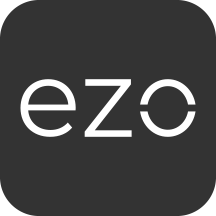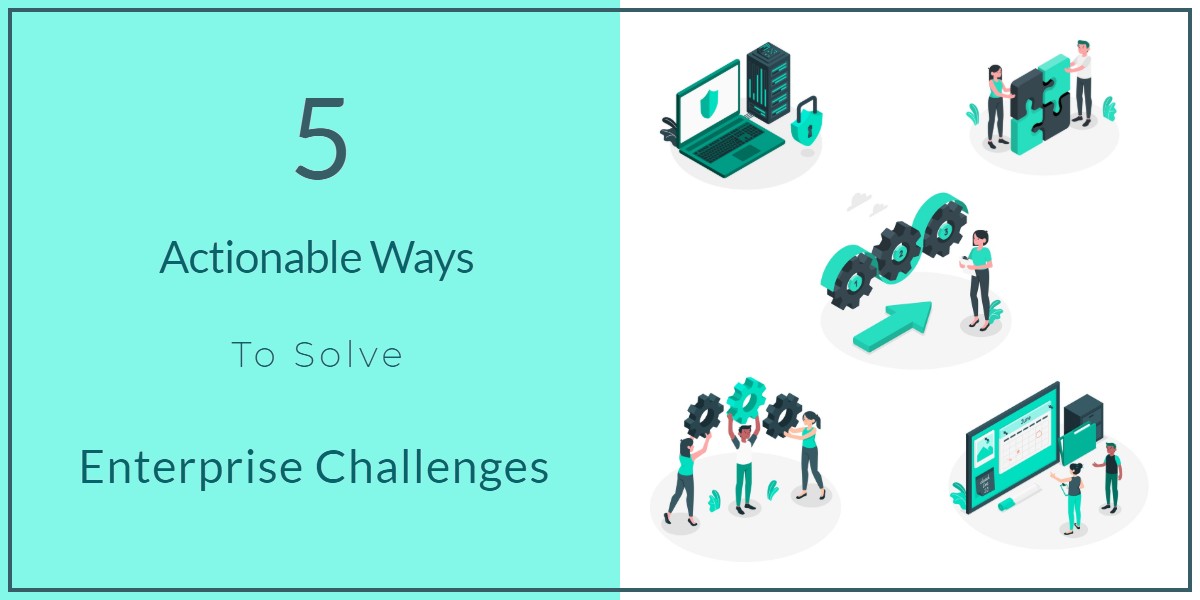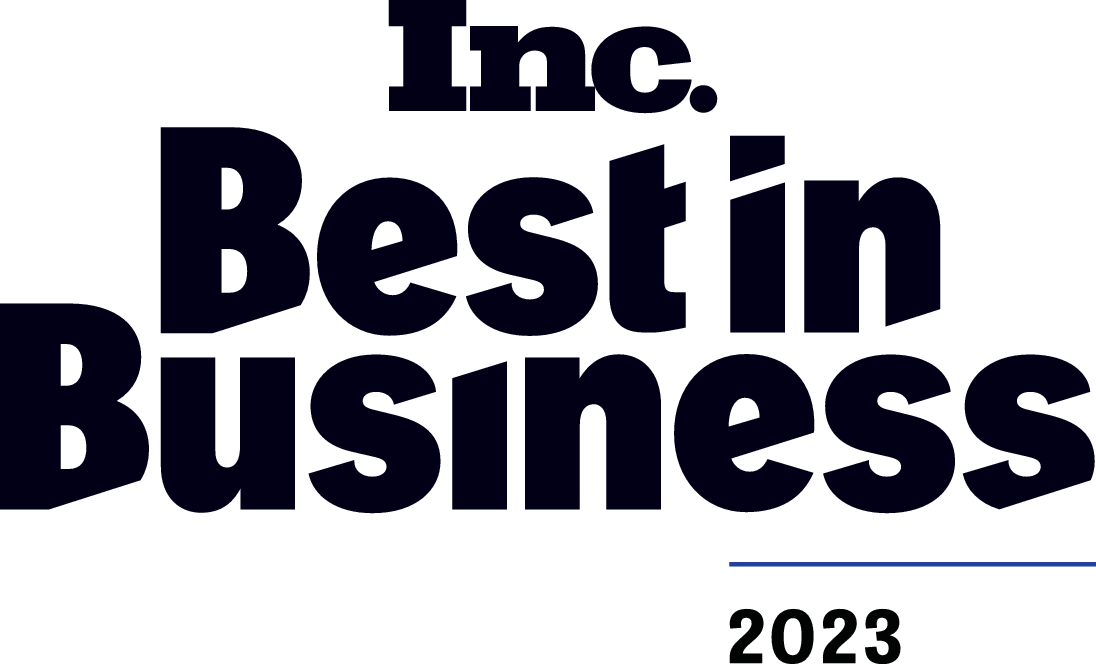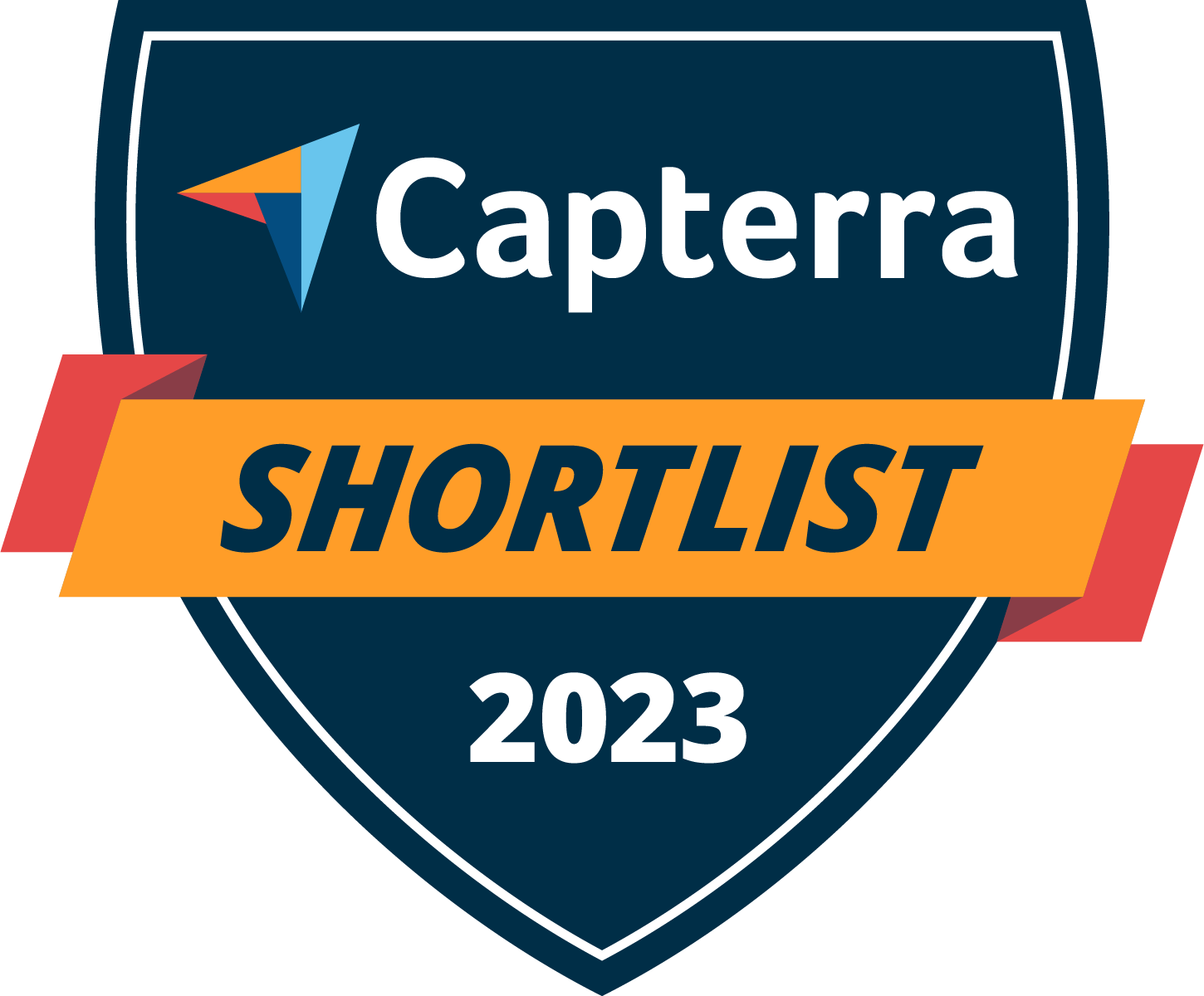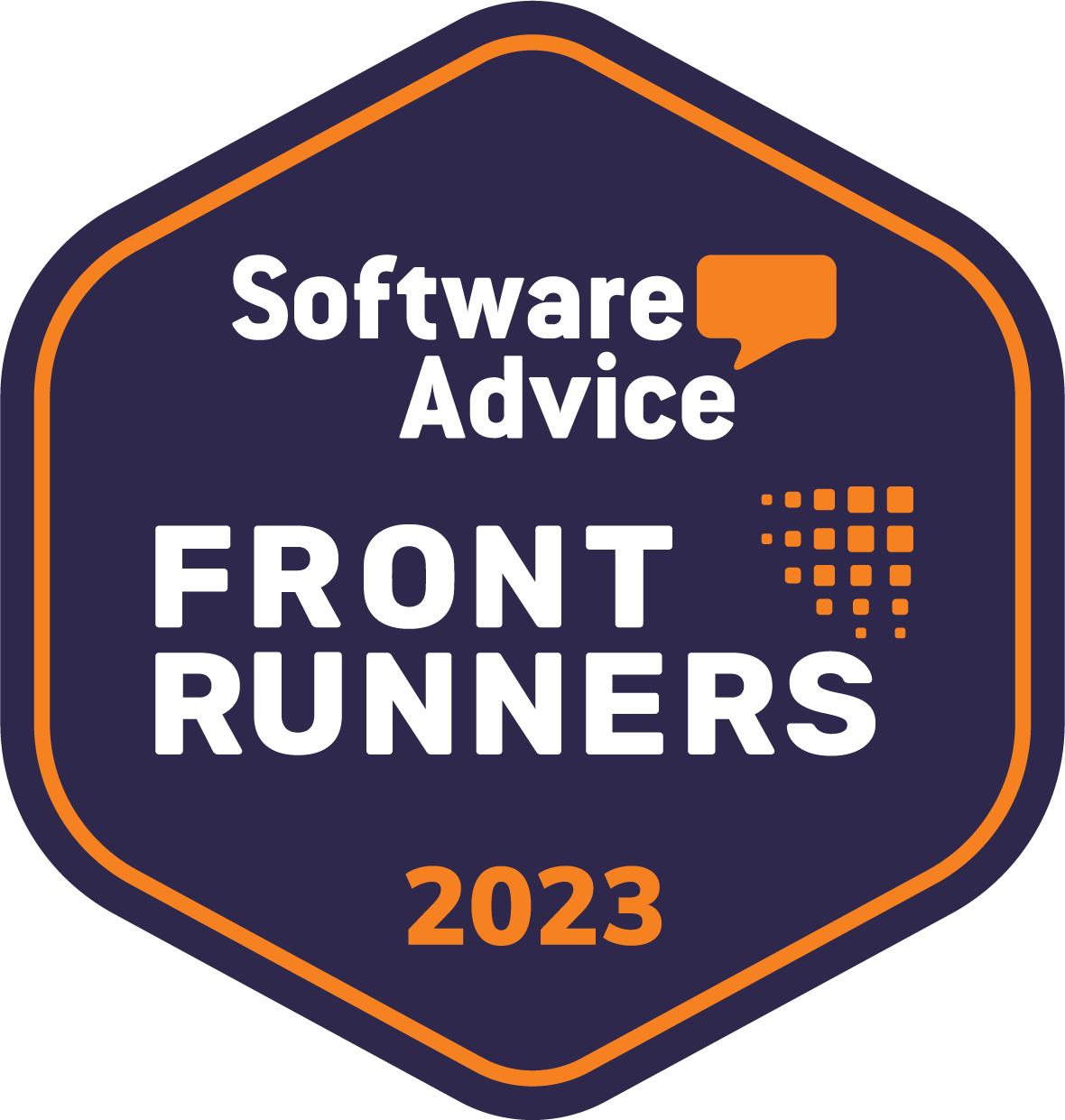“Can asset management bring us complete control and visibility of assets in our enterprise?”
“If we opt for asset tracking software, will it be able to handle our entire database?”
“Does cloud based asset tracking software guarantee security and compliance?”
“Is the asset tracking software customizable enough to cater to our unique workflows?”
Are these questions keeping you from automating your company’s asset management workflows?
Enterprises typically host large databases, oversee innumerable processes throughout the day, and demand strict security measures. With stakes so high, they need to evaluate business technology very carefully prior to software adoption.
Enterprise-level companies demand collaboration between hundreds of employees, all of whom interact with thousands of company assets to deliver success. In this pursuit, frequent equipment breakdowns or missing items only impede success.
However, these stringent requirements do not mean that you have to settle for a product that only meets you halfway. The right asset management solution will enable you to not only gain effective control of your assets but also tackle the enterprise challenges that you face.
So, what are some of the most prevalent enterprise challenges and how can you overcome them?
Common enterprise challenges — and how to overcome them
Let’s explore the issues that dissuade enterprises from automating and streamlining their asset management processes.
1. Complicated enterprise workflows
Enterprise workflows are complicated and demanding. This bleeds from the complex use of asset infrastructure in most enterprises. Assets, whether big or small, are often spread throughout locations, departments, and databases.
Let’s say, your enterprise has customer service professionals dealing with clients on the front-end. They often need to collaborate with their product and business development department to come up with unique solutions for their customers.
To make this entire process more seamless, ideally, the assets, database and software applications used individually by these departments should be integrated. It helps track the progress of each project and collaborate as needed. With basic spreadsheets, keeping a holistic overview of asset usage and maintenance along with customer demand planning is next to impossible.
Solution: Customizable asset tracking software

In the face of such intricate workflows, the next thing that enterprises want to deal with is an asset tracking solution that further complicates asset management for them.
The ideal software will be one that is easy to use and can be customized according to the enterprise’s unique workflows. Most competent asset tracking solutions offer custom integrations with business applications of your choice so you can iron out operations and communication across departments.
Some of the most widely used business applications by enterprises include Zendesk and Jira Service Desk for a seamless issue resolution. Others may include Salesforce, Zoho and G Suite for collaborating across teams. A good asset management solution is typically built on serverless architecture. It offers both ready-made and custom third-party integrations for your business.
This helps you sidestep the cost of developing in-house integrations and even saves your developers the trouble of squandering hours on custom integrations.
2. Stringent data governance and privacy regulations
Authorized access to and use of critical data has always been a concern for enterprises. For large organizations, 2020 will be a crucial year for data governance, security, and privacy.
GDPR and other data protection regulations often prevent innovative research and may limit enterprises, if not duly complied with. Hence, you need to look for asset tracking solutions that safeguard your asset data and cater to all the compliance regulations relevant to your field of operations.
The main reason behind this is cloud computing. Since most asset tracking software providers host enterprise data in the public cloud, access control is becoming a bigger concern. Public cloud is more vulnerable to account hijacking, DoS attacks, and other cyber threats. Effective policy-based data governance needs to be in place.
Another of the enterprise challenges is managing asset data intelligently and the cost associated with it. The higher the volume of data, the more cost you will have to spend on building and maintaining storage, network, and data centers.
Solution: Asset tracking software built on private cloud
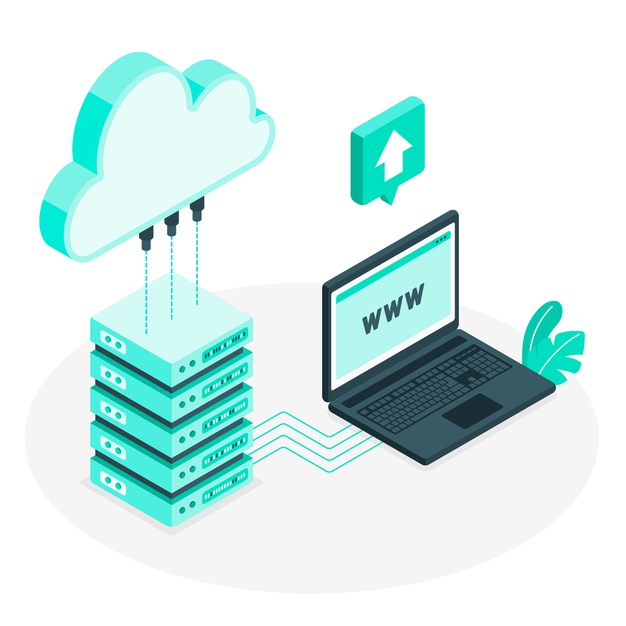
Due to security concerns, enterprises often struggle between deploying on-premise software and using a private cloud based asset tracking system. However, private cloud based software is generally recommended because it saves you the manpower and cost of deployment that an on-premise system requires.
The ultimate asset tracking software is one that comes with a private cloud option. You get a ready-made solution for your enterprise, built specifically for your data and security needs. It hosts your asset data on a virtual cloud, siloed away from the data of other enterprises. It protects your company data via Virtual Private Networks (VPNs) and data encryption at rest.
Good enterprise asset tracking solutions are also compliant with international security standards like ISO 27001 and GDPR. This ensures that your confidential asset, employee and client data is always protected. It also helps increase the confidence of your stakeholders by showing how well you manage security risk.
3. Enterprises are ever-growing
Enterprises often have their resources spread across globally. These consist of both employees and capital assets.
With ever-increasing competition and the need to diversify into more markets, these enterprises are burgeoning even more. More product lines, departments, assets, and employees translate into more and more data.
Hence, enterprises need software solutions that have an unlimited capacity to house, process and manage this ever-growing data.
Paper documentation and spreadsheets can only store much information, and even if they do, it’s hard to keep track of long paper trails. While traditional asset tracking software can consolidate data for you, it may lack the capacity for data storage.
Solution: Scalable asset tracking software

An ideal asset tracking solution for your growing enterprise, in this case, is one that’s scalable and offers unlimited data storage capacity.
It should be able to store data about thousands of employees and assets, ranging from high-tech equipment to small hand tools and their sub-components.
The system must be flexible enough so you can scale it up or down as you need. It should also be granular so you can store and manage data down to the smallest possible working units or tasks.
4. Enterprises cannot afford system breakdowns
Since most large-scale enterprises run global operations, they deal with hoards of data simultaneously. Often times, traditional on-premise asset tracking systems may break down while processing thousands of transactions and items or employee data.
Maintenance of such systems may cost you around 20% of the initial deployment. This amounts to thousands of dollars when your deployment cost is in millions.
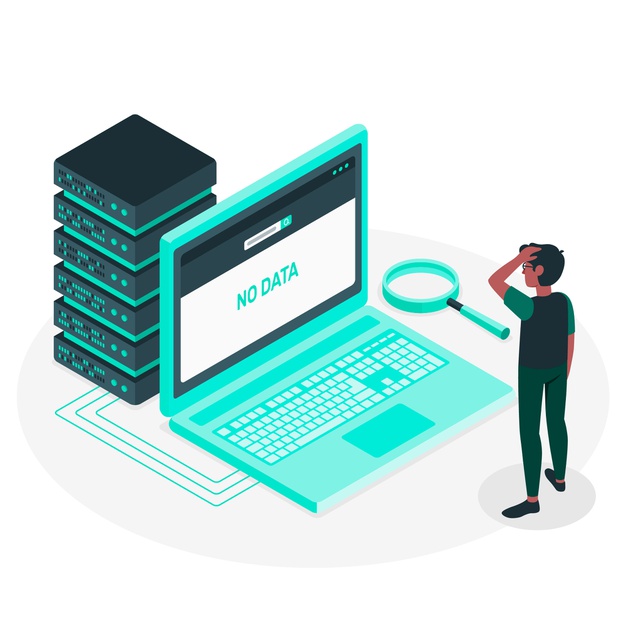
Another concern with system breakdowns or latent responses is the slowing down of daily operations. This may have a trickle-down effect on your customer delivery and hurt your bottom line.
The large scale of enterprises calls for high performance on part of asset tracking software.
Solution: Asset tracking software with SLA Management
To support high performance and low latency, it is recommended to invest in asset tracking software that offers SLA management.
SLA management refers to the monitoring of server-level agreements. These agreements set a minimum uptime percentage for the availability and performance of business applications critical to your enterprise. Failure to meet the specified SLA mandates the asset tracking software provider to credit part of your subscription fees.
A good asset tracking solution typically offers approximately 99.99999% SLA uptime. This helps ensure that you always derive high value from your asset base and processes.
5. The need for mobility
One of the key enterprise challenges today is the need for mobility. Many asset-intensive companies use software applications on personal handheld devices such as tablets and smartphones.
An example of this is hospitals that now use EMR and other key medical systems on iPads and tablets. For such enterprises, aligning these devices with their existing asset base, applications, and compliance standards is a big deal-breaker.
Solution: Asset tracking software on your mobile

Having an asset tracking solution that runs on your desktop devices is not just enough. By 2021, the use of desktop computers in enterprises is expected to fall from 38 to 26%. This indicates a shift towards mobile devices.
For this reason, you need asset tracking software that is compatible with iOS and Android and can run on smartphones and tablets. The mobility of asset management software means it can be used by your employees wherever they are. It gives you more visibility into your operations, even when your employees are in transit.
Running an enterprise-level asset management software requires comprehensive training
Functionality isn’t everything. Your employees may struggle with new asset tracking software because of clunky user experience and poor onboarding. Therefore, they may even put off adding data in the application logs.
Unless the employees in your organization are actually using the asset tracking software, you cannot do away with enterprise challenges that you are facing.
When you’re on your hunt for an enterprise asset tracking solution, make sure to pick one that offers premium onboarding and comprehensive training of the software to your employees. This ensures that the software seamlessly integrates with your existing workflows and your enterprise gets the most value out of it.
Read more: What is Enterprise IT Asset Management System?
About EZOfficeInventory
EZOfficeInventory is the leading asset tracking software for enterprises. It allows you to track, maintain and report on equipment from anywhere, at any time. You can customize it to your enterprise’s unique workflows.
